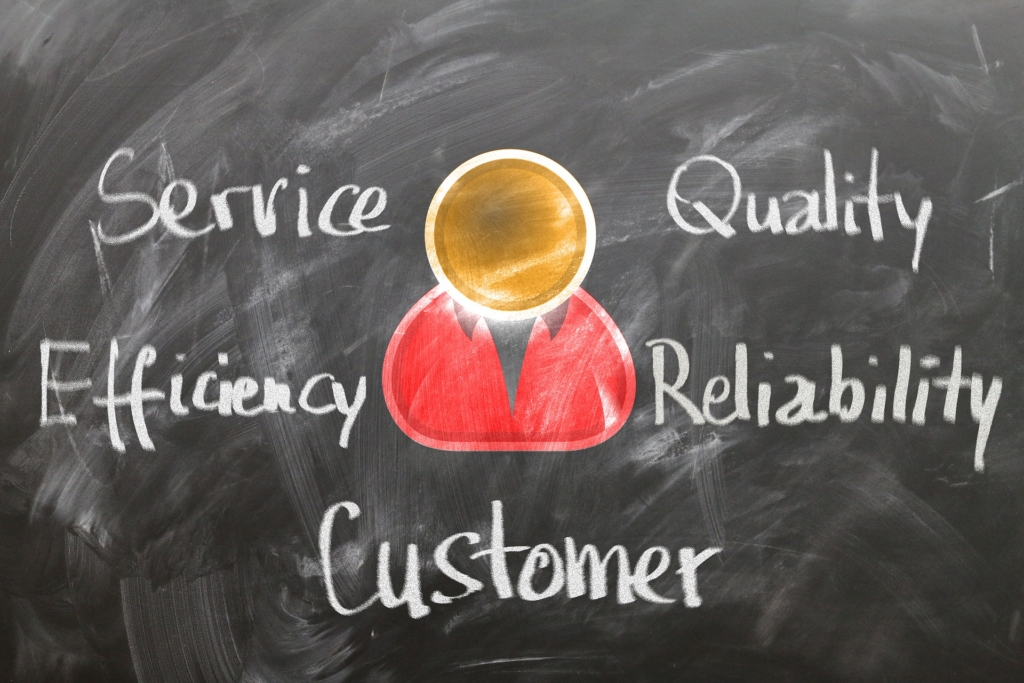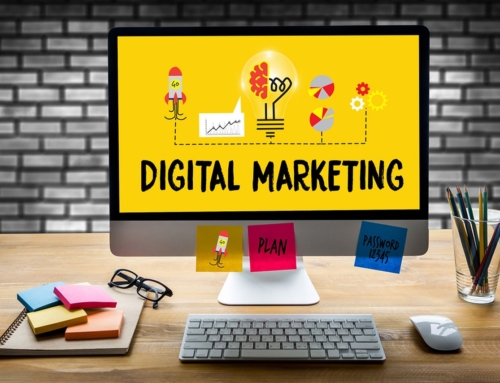When it comes to B2B marketing the decision-making process becomes complex and accountability will weigh heavily. B2B decision makers consider factors like the quality of the product, expertise, customer service, timely delivery, and pricing. However beyond these aspects what matters most to them is the nature and credibility of the individuals they wish to collaborate with. Ultimately people choose to do business with people they know, like and most importantly, trust, rather than companies or brands.
To effectively cater to decision makers and provide solutions in B2B marketing it is essential to understand these factors. This article aims to delve into the elements that influence the decision-making process of B2B buyers and offer insights on how to exert influence.
1 – Product Performance
When making purchases, B2B decision makers assign importance to a product’s performance. Assessing product performance goes beyond knowing its features and benefits. Decision makers aim to comprehend how the products they are considering can address their problems and how they function.
To gain insights into product performance, B2B decision-makers analyze product demonstrations, descriptions, and white papers. B2B marketers also invest time in seeking validation by analyzing customer reviews, testimonials, and case studies that demonstrate the effectiveness of their products.
2 – Expertise

B2B marketers heavily focus on content marketing, which involves creating blog articles, white papers, and research reports. Their primary goal is to establish their company as a leading authority in their industry. The ultimate objective is to provide B2B buyers with insights when they search for solutions to their problems.
Similarly, B2B buyers prioritize expertise when making purchasing decisions. As a result, they are more likely to choose a company that educates them about their challenges and offers expert advice throughout the buying process.
3 – Timely Delivery
The prompt delivery of products holds importance for B2B buyers. When evaluating suppliers, decision makers carefully consider their ability to meet delivery requirements within the timeframe. Several crucial factors are taken into account during this assessment, including the ordering and shipping processes as well as safety precautions during transportation such as insurance coverage availability.
To evaluate these factors effectively, B2B decision-makers typically visit supplier websites to gather information about shipping options, associated costs, insurance provisions, estimated delivery dates, order quantities, and tracking mechanisms for shipped products. In the world of business, decision makers often opt for suppliers that offer delivery terms based on their needs.
4 – Previous Experience
Customer’s trust in suppliers and their ability to fulfill orders is built through their experiences. When B2B decision makers evaluate sellers they consider their track record in providing products or services to companies of their size. This evaluation involves checking customer testimonials, studying case studies and conducting background checks on suppliers.
5 – Customer Service

In today’s B2B landscape, the significance of customer service cannot be overstated due to customers increasing expectations and demands. It’s no longer enough for customers to simply make purchases; they now seek assurance that prompt assistance will be available whenever they need it. The quality of customer service ultimately shapes the experience that B2B buyers have with a company. Recent statistics reveal that B2B buyers place importance on their experience rather than on the actual products or pricing.
6 – Social Appearance
LinkedIn provides a platform for establishing connections with industry decision-makers. By engaging with CEOs and other high level executives valuable insights into their needs and challenges can be gained. This knowledge allows you to tailor your offerings to meet their needs.
However, it’s important to understand that networking on LinkedIn goes beyond connecting with people; it’s about building and nurturing relationships. To achieve this it’s recommended to engage with your connections by sharing updates leaving comments on their posts and regularly reaching out to them with personalized messages.
Conclusion
The B2B purchasing process is complex and time-consuming due to the involvement of decision-makers. These decision-makers carefully consider factors when making a purchase aiming to obtain products or services that bring long-term value and efficiency to their business. As a B2B marketer or salesperson, it’s vital to understand the considerations made by decision-makers and being able to provide them with the information that will assist them in the buying process and hopefully, see your company as the idea choice.
At Creative Raven we specialize in helping businesses identify and target decision makers. With our experience across water, wastewater and related civil construction industries, we leverage our accumulated knowledge to develop precise outreach strategies.










